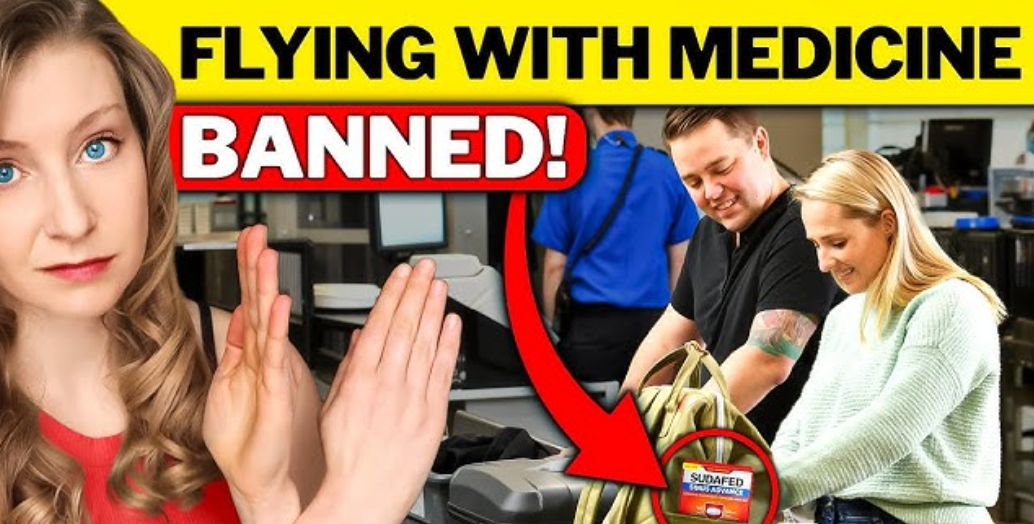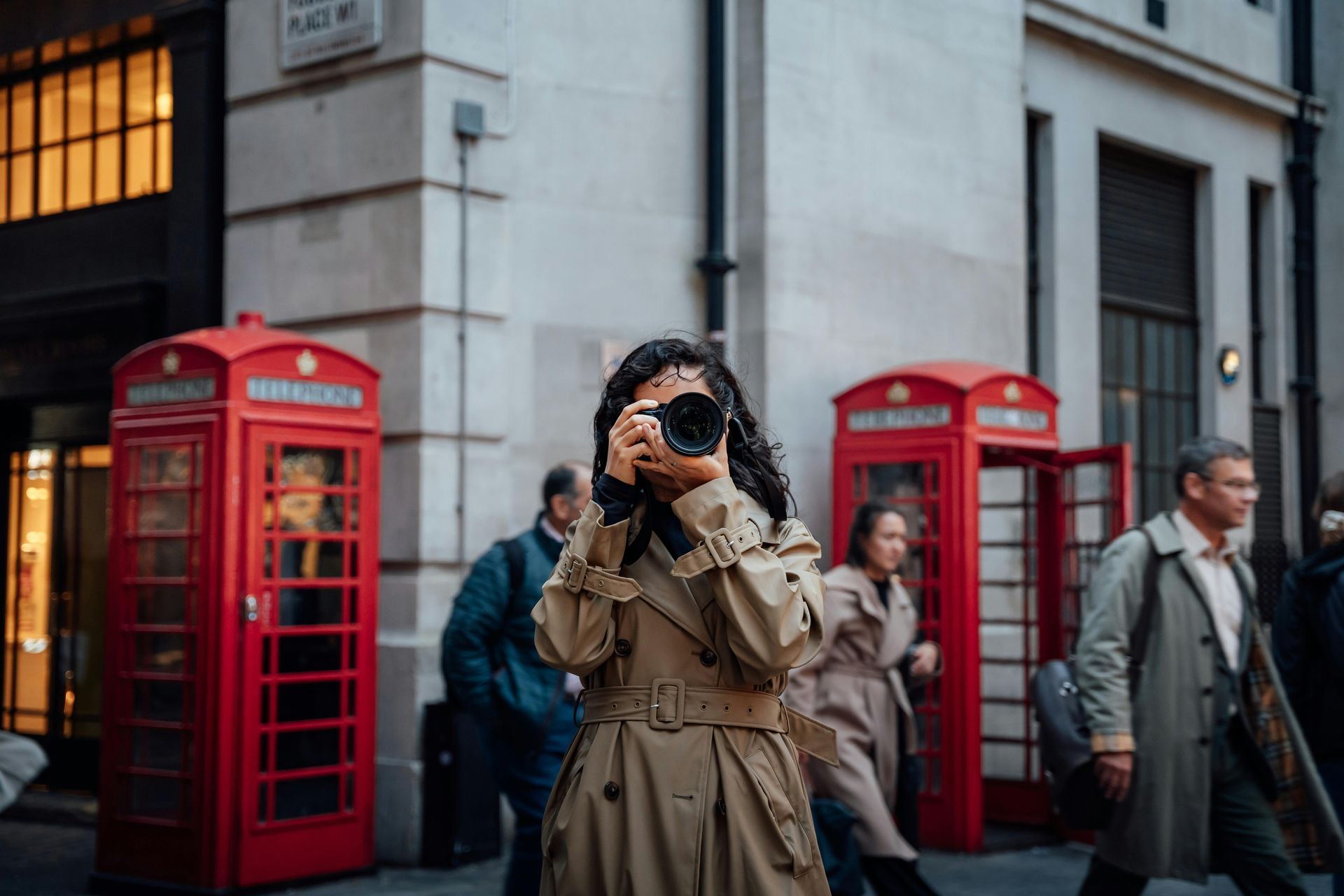International Travel with Meds & Devices: How to Prepare?
Guidelines when planning international travel with medications and medical devices

As a Girl Scout, I learned the motto Be Prepared. This has served me well, especially when traveling with the meds and medical devices I need to manage a chronic illness.
Just packing for a trip takes on a whole new level of importance when you take medication regularly or use some kind of medical device.
In addition to toiletries and clothes, I have to think about:
- Which medications and supplies to take
- How much to pack
- How easy is it to get a refill or replacement
- What documentation for my prescriptions do I need, if any
- Are my medications legal or allowed where I’m going
Here are guidelines when planning international travel with medications and medical devices.
Where am I going?
Make sure your medications are allowed in your destination(s). Countries (and even states within countries) have their own regulations for medications. This is especially important with painkillers, opioids, and cannabis, including CBD.
With medical devices check to see if the app will work where you’re going. Also, make sure you have the correct cord for recharging.
If one or more of your medications isn’t allowed or your device’s app won’t work, talk to your doctor to find a workaround. Do this early in your planning, as it can take some time.
How long will I be there?
Always take extra doses and supplies. Travel delays are common and may leave you short.
This happened to me when a hailstorm shut down DFW and I had to stay an extra day. It was a short trip so I didn’t think about it and packed the minimum required. When I realized I would have to stay longer I had to figure out how I could get a refill to fill the gap. Between the time difference between Dallas and home,
and
it being a Sunday, I realized the refill wouldn’t get to me before my new flight. Thankfully, I was able to stretch what I had, but I could have done without the added stress.
A rule of thumb is to pack twice the medication you normally use.
Where will I keep my meds and devices while traveling?
Airport security agencies generally have a long list of medical items allowed in carry-ons. Check their website to be sure you’re ready.
You will want to keep every important medical item in your carry-on if possible. This is especially true for anything that is temperature or air-pressure sensitive. Not all cargo holds are temperature-controlled or pressurized. In addition, baggage can get delayed or lost. You don’t want to be stranded without your meds or supplies.
Do I need special travel documents?
When traveling internationally it’s ideal to have documentation of your medications and diagnosis in the form of a letter from your doctor. Some countries require other documents or certificates to bring in medications. Japan, for instance, limits travelers to one month’s supply. They want to ensure it’s for personal use and not for sale. Anything more than that requires an import certificate.
Find out what the rules are for the countries you are visiting. You can start by searching for “bringing medicine to [country].” Be sure to confirm your information with your embassy in that country and/or the country’s national tourism bureau.
Also, make sure your documents are accurate. Your name should be the same on all your documents. How your medications are listed should match any labels.
What will I do if I need medical attention while traveling?
While you’re planning your trip, find out what your medical insurance will cover. Medicare and Medicaid do not cover medical costs while overseas. Other medical insurance might not cover the same things at the same cost when you’re out-of-area.
Consider getting travel health insurance if there’s a gap in your coverage. If you are concerned about getting home if sick, consider getting medical evacuation insurance. Also, research what medical services are available at your destination or nearby. If you need to find a doctor or pharmacy, you can ask someone on the staff where you’re staying for suggestions. You can also contact your embassy, but don’t assume embassy staff will do more than give you a list.
Be prepared so you can enjoy your trip
Unfortunately, health issues travel with us. Whether at home or abroad we have to tend to them so that we can stay active and enjoy ourselves. But with some planning and preparation, they don’t have to be disruptive.





